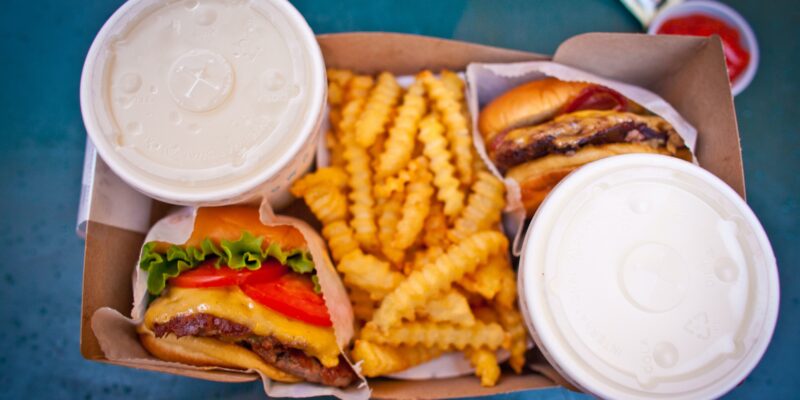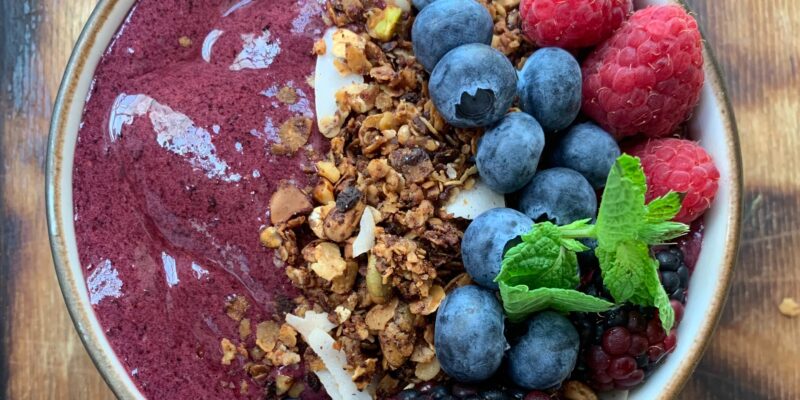What are “fun” foods and can dancers eat them?
Are “fun foods” bad for dancers?
If you have ever felt guilty for eating dessert, fast food, or anything labeled “unhealthy,” this post is for you. Learn how including less nutrient dense foods can actually strengthen performance, build self trust, and reduce binge restrict cycles. Yes, dancers can eat them, and here is why it matters.
Superfoods for Dancers: What Actually Matters in Nutrition for Dancers
Are “superfoods” really essential for dancers, or is it just marketing hype? In this article, we break down what nutrient density actually means and how it applies to dance performance. Learn how to refuel, rebuild, and recover with practical, sustainable nutrition strategies. If you’re looking for realistic nutrition for dancers that supports both performance and flexibility, this guide is for you.
Read More…Holistic Nutrition for Dancers
A holistic approach to nutrition helps dancers fuel their bodies in a way that supports strength, focus, recovery, and mental well-being. This guide breaks down what exactly holistic nutrition is and how dancers can use these strategies as a supportive tool rather than a source of stress.
Read More…Overcoming The Orthorexic Identity
Struggling to separate who you are from disordered eating can feel overwhelming, especially for dancers. Many dancers are praised for “healthy” eating or strict training routines, making it easy to define yourself by those behaviors. But your worth is bigger than any diet rule or exercise pattern. This post offers practical strategies to reclaim your identity, nourish your body, and move through dance with confidence.
Read More…What Should Dancers Eat in A Day?
It is one of the most searched and misunderstood questions in dance nutrition. Instead of rigid rules or vague advice, this guide breaks down real foods, real meals, and realistic snacks that support energy, performance, and recovery. No diets. Just practical fueling examples dancers can actually use.
Read More…Nutrition for Dancers: What to Eat for Energy, Strength, and Recovery
Nutrition for dancers is about more than what to eat. It is about fueling consistently to support performance, recovery, hormone health, and long term strength. Here you will find evidence based guidance designed specifically for dancers navigating demanding training schedules and body image pressures. Every article is grounded in practical strategy and sustainable nutrition principles.
Read More…







